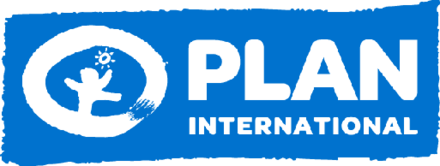Product
Learn more about the all-in-one, most powerful solution for community engagement
Listen in as our expert panel share practical strategies and creative tips to optimize your daily routines and enhance your community’s success.
Strapped for time? Keep scrolling to discover the session’s key takeaways.



Partnerships Officer and Community Manager, Plan International UK

Senior Community Strategist, Hivebrite

Customer Success Manager, Hivebrite
Girls Rights Collective UK is part of Plan International UK, a global children’s charity striving for an equal world. Its online community serves as a professional network to convene the girls’ sector. The community aims to build capacity in the UK girls’ sector, foster collaborations, and share best practices.
Katy Massey is Plan UK’s community manager. She works part-time in this role and effectively managing her time is crucial to the success of the community.
She spoke to Meghan Bates, Senior Community Strategist at Hivebrite, and Whitney Marin, Customer Success Manager at Hivebrite, about how she manages her time as a community manager.
Defining non-negotiables is crucial for community managers to establish healthy boundaries, manage expectations, and prevent burnout.
Daily non-negotiables are responsibilities that you simply will not compromise on. They are things you will make time for—no matter what else pops up.
By setting clear limits on your time and responsibilities, you help maintain your well-being, sustain your effectiveness, and contribute to the positive impact of your community.
Decide what responsibilities are fundamental to the functioning of your community.
These could include:
Clearly defining why your community exists is foundational to effective community management.
A clear purpose will help you with the following:
When faced with choices about community initiatives, policies, or interactions, you can refer to the community’s purpose to ensure alignment with its goals and values.
The purpose sets your community’s vision, providing a long-term perspective. It helps you strategize and plan for the future, guiding the goals and objectives that contribute to your community’s overarching mission.
A clear purpose helps attract members who share common interests or goals. It acts as a magnet for individuals who are likely to find value in the community. This targeted approach enhances member engagement, as community members are more likely to participate in activities aligned with the community’s purpose.
Your community may serve two purposes: one for members and one for internal stakeholders. If this is the case, you must be clear on where the priorities lie.
Remember that your members have things going on outside your community, perhaps including a full-time job. Adjust your expectations of engagement and understand that things can take longer. In other words, just because your community is your priority doesn’t mean it is for others.
Always go back to your “why” when developing your engagement strategy. View building engagement as a long-term project—it takes time. Serve one person at a time and make a difference one day at a time.